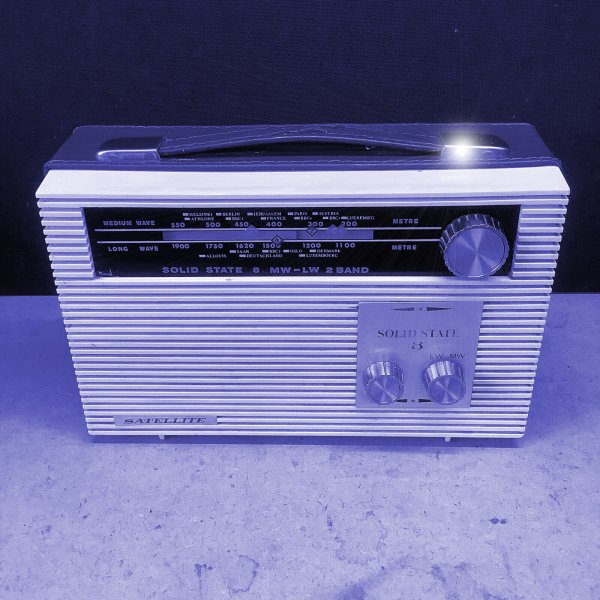
In these times of anxiety and stress, it’s not easy to find peace and contentment. In some ways, it’s unfortunate that we did not evolve to relax on a sofa, eating cake as we watch a box set on TV – as we would have ended up in a quite different place physiologically. Instead, our ancient ancestors evolved to react quickly to any sign of danger in the natural environment, as our brains became optimised to process threats, rather than more pleasant experiences. This has given us what’s called the “Negativity bias”, which drives a lot of our judgemental comparison, self-criticism, and negative thinking.
We’re surrounded by advertising and social media which, either intentionally or by coincidence, use this bias to influence what we choose to buy or click on. One consequence is that we’re often made to feel inadequate about our lifestyle and self-worth. Although it’s not all the fault of advertising and the media. We can also add to our own difficulties by judging and striving to better ourselves in ways that are not always achievable. So, rather than feeling a sense of ease, it’s more common to feel a bit discontented, which has a direct impact on our subjective well-being and happiness.
The concept of contentment can be found in most religions and philosophies and is an emotional state as well as an attitude. Generally, being content means that we are happy with what we have. Clearly, it’s easier to find contentment when you have most of your needs met, with somewhere to live, food, and supportive family and friends. Even so, many people feel discontented and have yet all of these things. The classical Greek philosopher, Socrates, is quoted as saying, “He who is not contented with what he has, would not be contented with what he would like to have.”
From a mindfulness perspective, contentment means feeling at ease with our body, emotions, mind, and situation. Finding contentment means firstly letting go of the busy judgements and comparisons, then connecting with the present moment to rest in the peace, calm, and aliveness of the body and senses. Within the present, we can find a sense of ease and openness where we have a greater capacity to accept whatever difficulties there may be in our lives, and to be just as they are.
In life, not everything goes the way we want it to. Sometimes there are unwanted frustrations, challenges, and difficulties that we would never have chosen. As we develop the skills and capacity to be more mindful, we start to change our relationship with the world, from avoiding and resisting, to openness and acceptance of whatever difficulties arise. Like the transition from white noise and static from an old analogue radio that’s not fully tuned to a station frequency, to a clear signal, we can find greater ease and contentment by tuning our relationship with our experience to resonate and harmonize with reality.
Of course, there are times when making judgments and comparisons are extremely useful. A good practice is to notice whether thoughts and emotions are helpful or not helpful, expansive or limiting, nurturing or depleting. For instance, noticing that your self-worth has taken a dive is a good prompt to investigate what happened and how you reacted. As far as we can, by cultivating mindfulness we respond to the pleasant, unpleasant, and neutral in the same way, without bias or reactivity.
Although we can develop the capacity for contentment by noticing and investigating the sources of discontent in our lives, it’s our ability to enter a calm and peaceful state of being, using openness and acceptance, free from mental and emotional noise, that’s the source of lasting contentment.
Suggested weekly practice
- Notice what makes you feel discontented during the week. Does it involve negative judgement or self-criticism? Is there an impact on your subjective well-being and self-worth?
- Choose one challenge or difficulty in your life and reflect on what unhelpful “noise” arises in the form of discontented thoughts and feelings. Then explore radically changing your relationship with that difficulty through awareness, non-judging, openness, and acceptance.
- Use the questions, “What is lacking in this moment?”, “What problems do I have in this moment?” or “What do I need in this moment to make me feel happy?” to really learn about and explore what contentment means.
Guidance
Find somewhere undisturbed and sit in a comfortable, dignified, and upright posture, where you can remain alert and aware.
There are two guided practices for this session. You can close your eyes, or lower your gaze while the meditations play.
- Play the settling practice, then read through the session content, which you can print off if that helps
- Then play the second audio to explore what makes us feel discontented and then what it means to experience contentment within ourselves.
Share on
